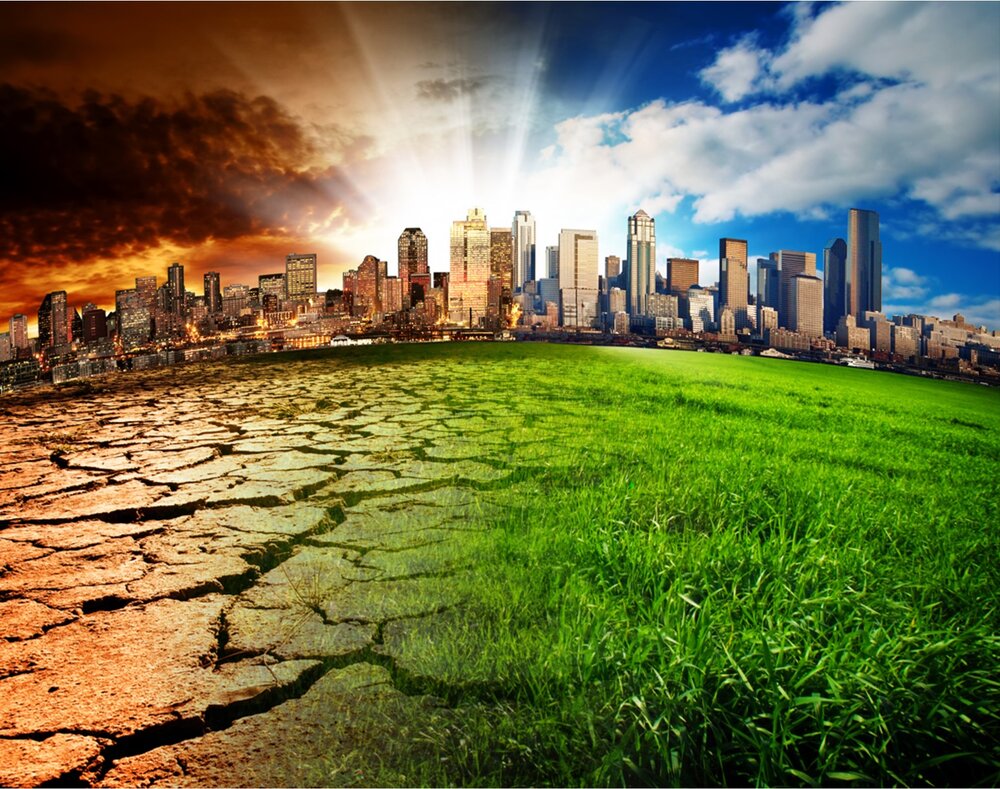Climate Change Reporting, Challenges, Progress, and the Role of Media

Climate change stands as one of the defining challenges of our time, with profound implications for the environment, economies, and societies worldwide. As scientists continue to warn of escalating risks, the role of media in communicating these complexities to the public has never been more crucial. This article explores the challenges journalists face in reporting on climate change, the progress made in enhancing public awareness, and the evolving role of media in shaping global discourse and action.
The Challenges of Climate Change Reporting
Reporting on climate change presents unique challenges rooted in its scientific complexity, global scope, and often politicized nature.
1. Scientific Complexity:
Climate science involves intricate concepts such as greenhouse gas emissions, feedback loops, and climate models. Communicating these complexities accurately and understandably to a diverse audience requires journalists to navigate scientific jargon and ensure clarity without oversimplification.
2. Politicization and Controversy:
Climate change has become a politically divisive issue in many countries, with debates often framed around ideology rather than scientific consensus. Journalists face challenges in maintaining objectivity while accurately portraying differing viewpoints, without legitimizing misinformation or false balance.
3. Coverage Bias and Spatial Inequality:
Media coverage of climate change tends to be uneven, with disparities in reporting between regions and issues. Developing countries and marginalized communities disproportionately affected by climate impacts often receive less coverage, exacerbating inequalities in awareness and advocacy.
4. Overcoming Doom and Gloom:
The daunting nature of climate change can lead to “doom and gloom” narratives that may overwhelm or disengage audiences. Balancing urgency with solutions-oriented reporting is essential to inspire action and foster hope.
Progress in Climate Change Reporting
Despite challenges, progress has been made in enhancing the quality, depth, and impact of climate change reporting globally.
1. Investigative Journalism:
Investigative journalists play a pivotal role in uncovering climate-related scandals, corporate misconduct, and policy failures. Exposés on environmental degradation and climate impacts hold stakeholders accountable and drive public discourse.
2. Data Visualization and Storytelling:
Advancements in data journalism and interactive storytelling techniques enable journalists to convey complex climate data effectively. Visualizations, maps, and multimedia narratives engage audiences, enhancing understanding and empathy towards affected communities.
3. Amplifying Local Voices:
Collaborations with local journalists and communities provide nuanced perspectives on climate impacts and adaptation strategies. Amplifying voices from frontline communities underscores the human dimensions of climate change and fosters empathy and solidarity.
4. Climate Solutions Reporting:
Increasingly, media outlets are focusing on solutions-oriented journalism, highlighting innovations, policies, and grassroots initiatives that mitigate climate change and promote sustainability. Positive stories of resilience and adaptation inspire collective action and policy innovation.
The Role of Media in Shaping Public Awareness
Media plays a pivotal role in shaping public perception, policy agendas, and collective action on climate change.
1. Agenda Setting and Framing:
Through agenda setting, media influences public discourse by prioritizing certain climate issues and framing them in specific contexts (e.g., economic, social, environmental). Strategic framing can mobilize public support for climate policies and behavioral changes.
2. Bridging Science and Society:
Journalists act as translators between scientists and the public, translating complex research into accessible narratives that resonate with diverse audiences. Effective communication of climate science builds trust and empowers individuals to make informed decisions.
3. Holding Power Accountable:
Investigative reporting and watchdog journalism expose climate-related injustices, corporate malpractice, and government inaction. Holding powerful entities accountable fosters transparency and strengthens democratic governance in climate policy-making.
4. Fostering Climate Literacy:
Media literacy and education initiatives empower audiences to critically evaluate climate news, discern credible sources, and recognize misinformation. Building climate literacy enhances public engagement and advocacy for evidence-based policies.
Conclusion
Climate change reporting is at a critical juncture, poised to catalyze global action towards sustainability and resilience. Overcoming challenges such as scientific complexity, bias, and the politicization of climate issues requires a concerted effort from journalists, media organizations, and stakeholders worldwide. By embracing innovative storytelling, amplifying diverse voices, and prioritizing solutions-oriented journalism, media can enhance public awareness, galvanize political will, and inspire transformative change towards a sustainable future. As we navigate this pivotal moment in human history, the role of media in shaping climate discourse and fostering global solidarity cannot be overstated. Together, we can harness the power of information to mitigate climate risks, promote environmental justice, and safeguard the planet for future generations.


